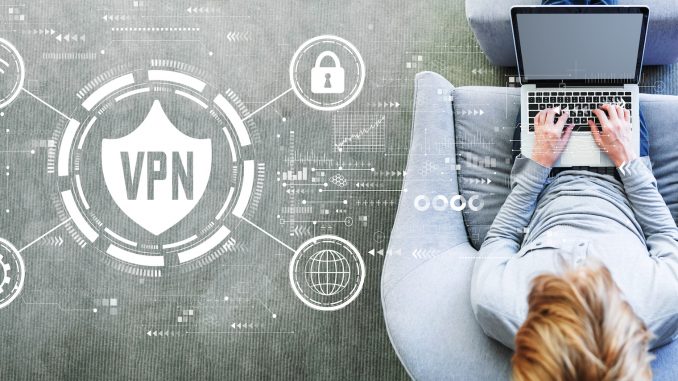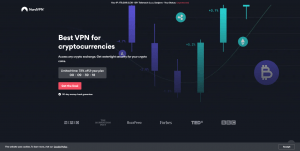
Disclaimer: The following article is part of Cryptonews Deals Series and was written as a promotional article in collaboration with the sponsor of this offer. If your company has an exclusive promotion that you would like to share with our readers, we invite you to reach out to us. Let’s build together.
Nowadays, pretty much everyone with an internet connection has at least heard of virtual private networks, or VPNs. However, the concept is still unclear to many; while the basics are not too complex to understand, what they actually can and cannot do can be a little more confusing to the layman. That is why in this guide, we are bringing you some facts about VPNs that you may not know about. However, if you know most or all of these things, be sure to pat yourself on the back—you’re a real VPN pro!
Without further ado, here’s a list of the things you may be hearing for the first time.
VPNs Don’t Make You Completely Anonymous
The fact is, you’re never completely anonymous. After all, your VPN provider can identify you, even if other network participants will have a significantly harder time doing so. Additionally, if you’re ever entering your personal data on a website, even through a VPN, you’re leaving a fingerprint of sorts. This is not necessarily a bad thing—but it pays to be aware of what VPNs can and cannot do.
VPNs Can Help You Save Money
One of the best-kept secrets on websites that offer services in many geographical areas is that prices for things can vary depending on your geolocation. For example, flights and hotel accommodations may change depending on where you’re accessing the website from. As a VPN can make it look like you’re from another location, you may be able to score a discount on such services. On the other hand, accessing payment providers like e-wallets from seemingly different locations can even lock you out of your account on suspicion of fraudulent activity, so you may want to check your account balance when your VPN is off.

VPNs Can Offer Access to Blocked Content
Many internet service providers (ISPs), governments, or even websites can block you from accessing content depending on your geolocation. This is why many users opt for VPNs when trying to get a geoblocked show on a streaming service. You can also download content you wouldn’t otherwise be able to see, or open accounts for services not available in your country.
Some Countries Have Banned VPNs
You should always do your own research before using a VPN. If they’re banned in your country, you could get into a lot of trouble for using one. Out of a total of 196 countries, 30 have banned them completely. Taking the risk may be more trouble than it’s worth.
High Quality VPNs Do Not Have to Be Expensive
While getting a high-quality VPN for free is pretty much impossible, paying for the service doesn’t have to break the bank. Until the middle of September, you can get NordVPN for a monthly price of EUR 2.80 (USD 3.67) if you sign up for at least two years, which also nets you three extra months for free! They also have a 30-day money back guarantee in case you’re not satisfied. Best of all, you can pay with crypto—and they’re one of the best VPNs to use if you want to keep your transactions confidential!






Be the first to comment